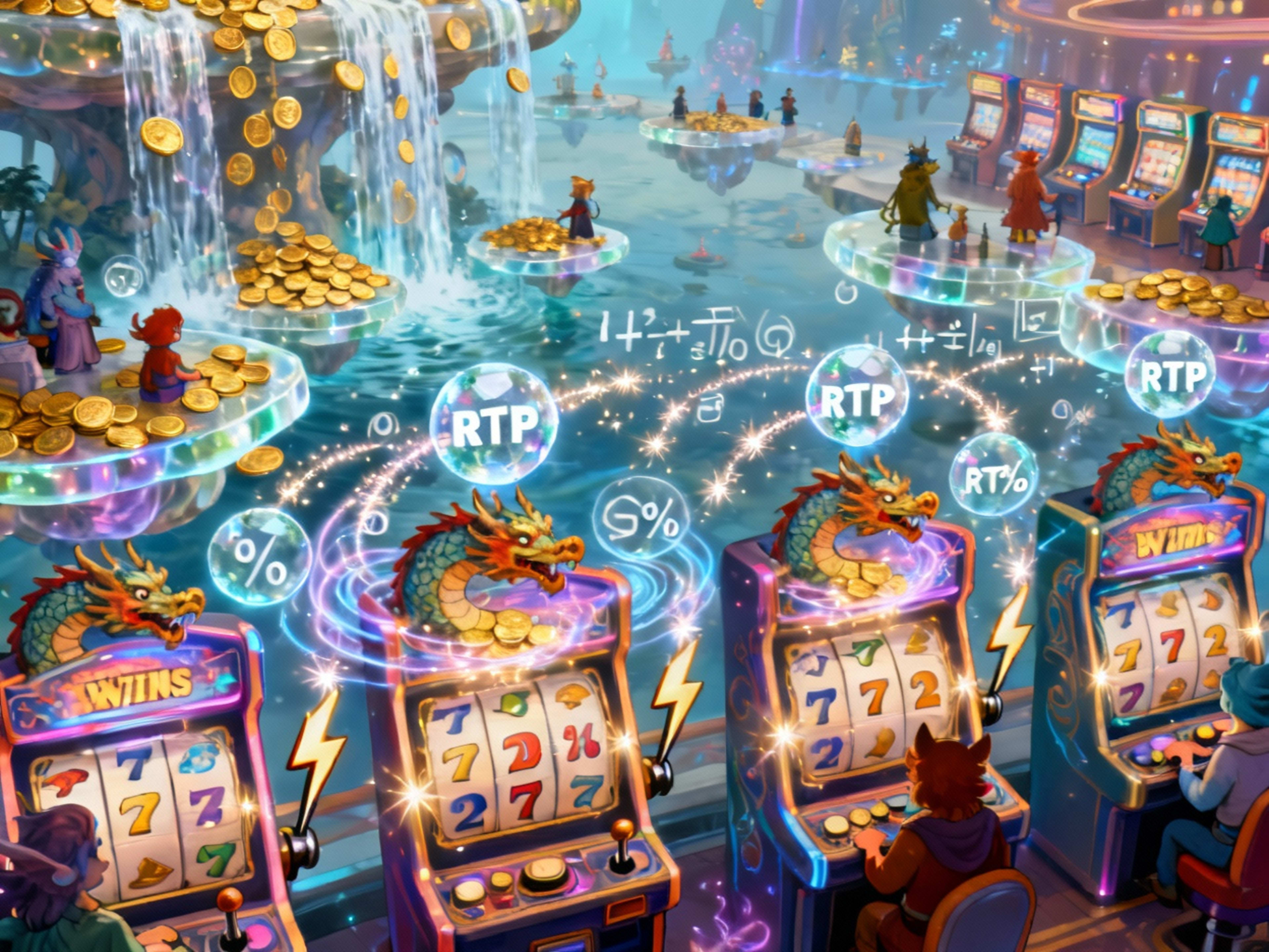Aristocrat Secures Key Ruling in Hold-and-Spin IP Dispute

Recommended casinos
Key Takeaways:
- Nevada court compels Light & Wonder to disclose math models for hold-and-spin slots released since 2021, reversing a prior denial.
- Ruling escalates Aristocrat's trade-secret claims, potentially reshaping IP protections for popular slot mechanics.
- Discovery phase advances toward a 2026 trial, with implications for hold-and-spin adoption across global markets.
Aristocrat Technologies has notched a procedural win in its ongoing intellectual property battle against Light & Wonder, as a U.S. District Court in Nevada ordered the disclosure of critical mathematical models underpinning L&W's hold-and-spin slot games. The October 17 decision grants Aristocrat access to internal data for titles launched since 2021, overturning a June ruling that had shielded the information. This development intensifies scrutiny over the origins and similarities of hold-and-spin mechanics, a staple in modern slots that drive significant player engagement through respin features and jackpot accumulation.
The dispute traces back to Aristocrat's accusations that L&W misappropriated trade secrets related to its Dragon Link and Lightning Link series, which popularized the hold-and-spin format with its "orb" collection system. Aristocrat alleges that L&W's Lock It Link and Dragon Train games infringe on these innovations, prompting a voluntary withdrawal of the latter title in April amid escalating litigation. L&W, formerly Scientific Games, maintains its innocence, asserting no evidence of proprietary math in released products beyond the contested ones. However, the court's reversal underscores the challenges in safeguarding proprietary algorithms in an era of rapid game replication.
This ruling matters profoundly for the slots sector, where mechanics like hold-and-spin account for a substantial share of floor and online revenue. Introduced by Aristocrat in 2015, the feature has permeated portfolios from tier-1 providers, boosting average daily revenue per unit by up to 20% in land-based venues, per industry benchmarks. Yet, as copycat iterations proliferate, IP vulnerabilities could stifle innovation, deterring R&D investments that topped $1.2 billion across major studios in 2024. For operators, the outcome may influence game selection, favoring licensed exclusives to mitigate legal risks.
Broader context reveals a maturing industry grappling with IP enforcement amid global expansion. While U.S. courts provide robust recourse, European and Asian regulators emphasize fair play without equivalent trade-secret mechanisms, fostering a patchwork of protections. This case echoes prior disputes, such as IGT's 2023 win against Konami over similar respin tech, signaling a trend toward stricter boundaries on mechanic cloning. As discovery closes December 15, followed by expert phases into 2026, stakeholders anticipate settlement pressures; a full trial could set precedents affecting hybrid innovations blending hold-and-spin with Megaways or cluster pays.
Adoption trends favor versatile mechanics, with hold-and-spin hybrids appearing in 15% of new releases this year, per EGR data. Competitively, Aristocrat's portfolio—spanning 60 countries—stands to gain if infringement is proven, potentially capturing licensing fees or market share from L&W's 40% U.S. dominance. Regulatory considerations loom large: Bodies like the UK Gambling Commission, enforcing stake caps on slots from April 2025, prioritize transparent RTP models, indirectly bolstering IP claims tied to verifiable math. Globally excluding U.S.-specific sweeps, this saga highlights the need for providers to fortify patents amid rising scrutiny, ensuring sustainable growth in a $100 billion-plus market.
Sources:








